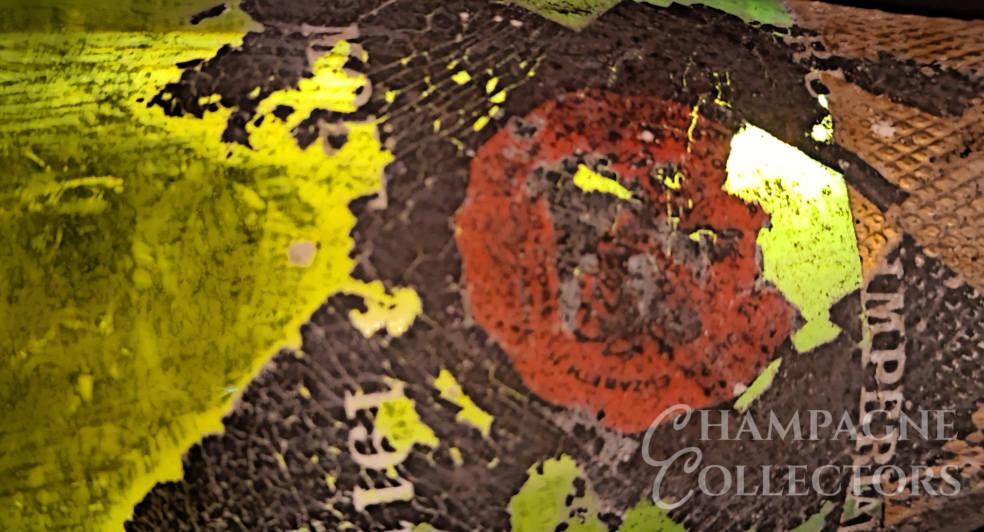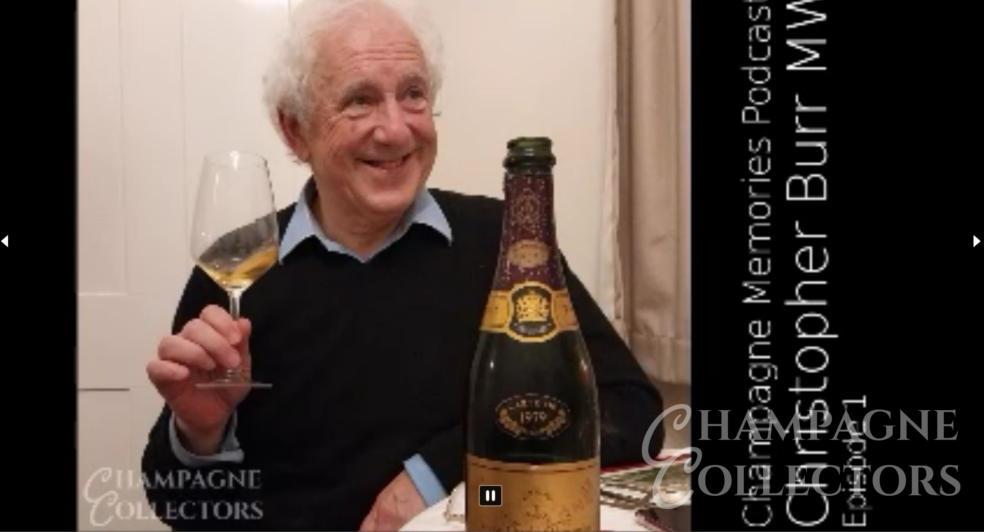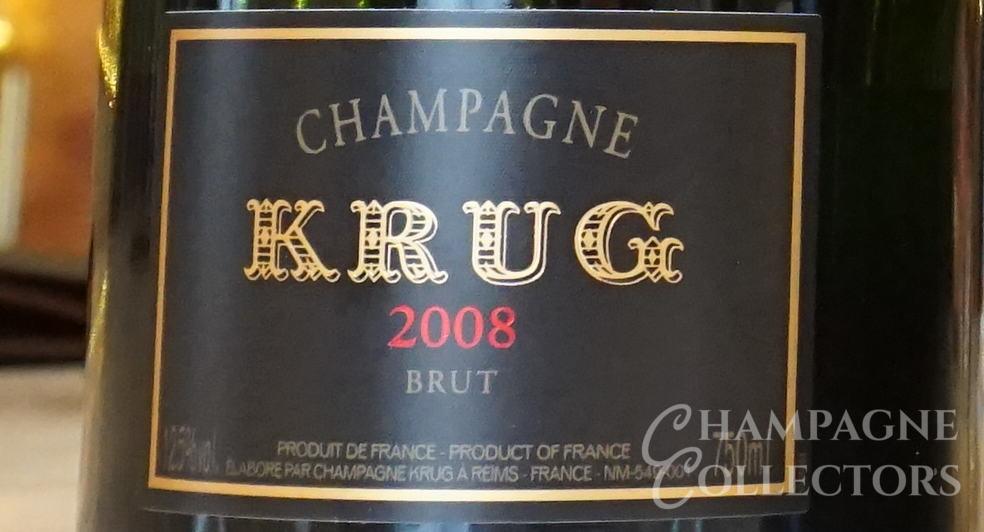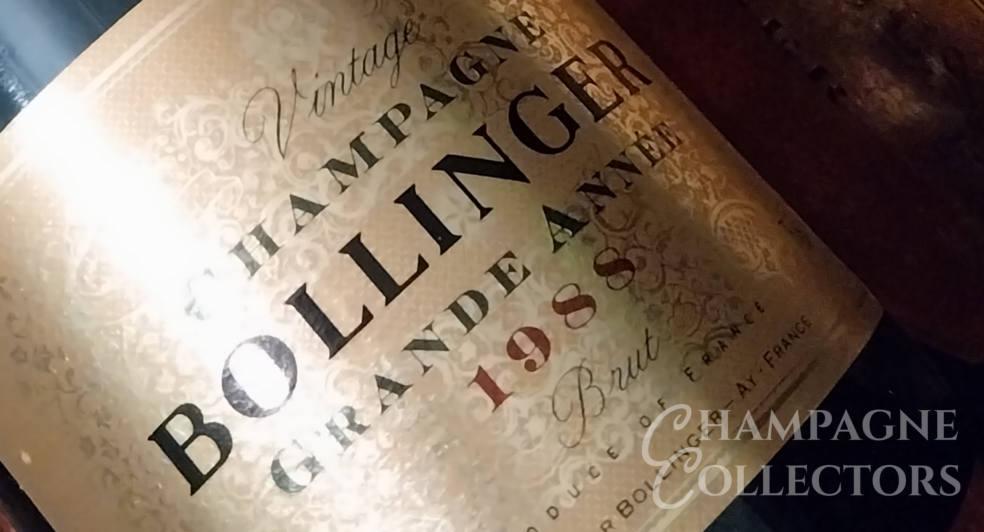We will not see Best Before End stamped on a Champagne label, so does Champagne go off at all or will it last forever in the bottle? It is very true that a bottle of Champagne will not contain a best before date, though from time to time you might see some words of advise on the drinking window recommendations such as 'best enjoyed two years from purchase'. Today, on many Champagne labels, we are seeing more and more useful information to include when it was bottled, when it was disgorged, information on the blend and more so a clear indication of it's history is visible. Nonetheless, we see no end of life date!
The general answer is that no, Champagne does not go off. Though there is much more to this answer than a simple no and it very much depends on how we have taken the question, especially the word 'off'.
Though we've answered 'no Champagne can not go off', the answer can also be yes and this will be down to varying factors:
-
How the bottle was stored.
-
In what condition is the cork.
-
The blend.
How the bottle was stored. The biggest threat to Champagne is poor storage. There is a reason that we see Champagne being stored in those old deep, dark and damp cellars is because it is the perfect setting to keep them fresh and at maximum performance. Cellars protect Champagne bottles from: heat / fluctuations in temperature / light / dehumidification / vibrations.
Once a bottle leaves the cellars and makes it's way to be sold, it is slowly yet surely being exposed to the elements that can effect it's performance and quality of flavours and aromas. Poor storage, such as at home in the cupboard / in the loft / in the garage and other usual places, will likely see a Champagne becoming undrinkable. It is important to consider that though it may be classed as undrinkable, it does not mean it can not be drunk, it will simply be the case of it under performing and maybe tasting awful such as vinegar / wet cardboard or worse. The usual outcome for anyone tasting such Champagnes, especially if indulging in more than a few sips, will be a stomach ache and maybe needing / rushing to use the toilet!
In what condition is the cork. Sometimes, though more of years some decades ago (1996 being one such example), a cork will have failed on a bottle and may have caused a reaction with the wine - this is referred to as cork taint. Age will also have an effect on the cork, them becoming brittle and fragments releasing into the wine inside the bottle. Again, this might not mean the Champagne is off, though it could be a sign of a fault such as oxidation.
The blend. Some Champagne is designed to be enjoyed sooner than later whereas others will improve with age in the bottle. Vintage releases are usually perfect for longer aging potential, though non-vintage labels will be those to drink within two to three years with this rule set if you wish to enjoy the young and fresh flavours and aromas the wine maker had planned for you. As Champagne ages, it can change significantly in style from fresh fruity and floral to more toasty, dried fruits, coffee, caramel and other umami characters. So, it really is down to personal choice in that some might say a Champagne is off if it has developed more ageing characters whereas others will be totally satisfied.
To summarise: It is far better to say that on some occasions, and due mostly to poor storage, Champagne can under perform. It can also change in aroma and flavour stye so it might not meet your expectations, especially if you have missed it's drinking window for enjoying fresh acidity / floral / fruits. Champagne can certainly be in such a poor state, visually the wine inside the bottle will appear dark brown and the level will be low, that it is recommended not to drink and if a sample is desired, only a sip and to adhere to the tasting and spitting procedure. Let's not forget that bottles of Champagne still sit in cellars dating back to the the late 1800's, and these, though rarely, are opened and enjoyed at special occasions - This tells us that Champagne does not go off on it's own when stored correctly.



